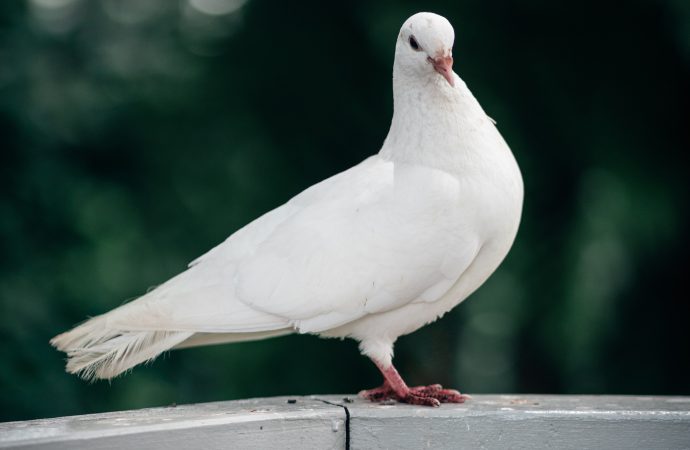Dove hunting is a popular sport in many parts of the world, but it has also been the subject of controversy in recent years. While some argue that hunting doves is a long-standing tradition and a way to manage wildlife populations, others claim that it is unethical and harmful to the environment. In this article,
Dove hunting is a popular sport in many parts of the world, but it has also been the subject of controversy in recent years. While some argue that hunting doves is a long-standing tradition and a way to manage wildlife populations, others claim that it is unethical and harmful to the environment. In this article, we’ll explore the controversy surrounding dove hunting and its impact on wildlife populations.
The Ethics of Dove Hunting
One of the primary arguments against dove hunting is that it is unethical to kill animals for sport. While many hunters argue that they hunt for food or to manage wildlife populations, others point out that doves are not typically consumed in large quantities and that hunting can actually harm populations by removing breeding adults and disrupting nesting behaviors.
Another concern is the potential for cruelty to animals. Hunting can cause animals to suffer, particularly if they are not killed instantly. While hunters are required to follow regulations and use appropriate equipment, accidents and mistakes can occur that result in animals being injured or suffering unnecessarily.
Impact on Wildlife Populations
Another concern with dove hunting is the impact it can have on wildlife populations. Doves play an important role in our ecosystems, serving as pollinators and seed dispersers and providing food for predators. Hunting can disrupt these relationships and potentially harm populations, particularly if the hunting pressure is too great or if hunting occurs during breeding or nesting seasons.
While some argue that hunting can help manage populations and prevent overpopulation, others claim that this is not always the case. Overhunting can actually lead to population declines, particularly if breeding adults are removed or if the hunting pressure is not managed appropriately.
Conservation Efforts
To address concerns about dove hunting and its impact on wildlife populations, a variety of conservation efforts are underway. These include habitat restoration projects, hunting regulations and restrictions, and education campaigns aimed at promoting sustainable hunting practices and protecting dove populations.
Conservation organizations also work to monitor dove populations and assess the impact of hunting and other threats. By collecting data and conducting research, these organizations aim to inform management decisions and ensure that dove populations remain healthy and sustainable.
Conclusion
Dove hunting is a controversial topic that raises important questions about ethics, animal welfare, and conservation. While some argue that hunting is a long-standing tradition and a way to manage populations, others claim that it is unethical and harmful to wildlife. As a journalist, it’s important to report on these issues in an objective and balanced way, taking into account multiple perspectives and using reliable sources to inform our reporting. By doing so, we can help raise awareness about the impact of dove hunting and promote sustainable wildlife management practices that ensure healthy populations for generations to come.

















Leave a Comment
Your email address will not be published. Required fields are marked with *